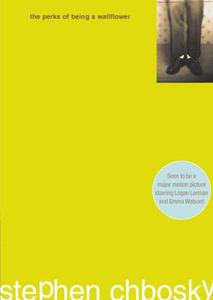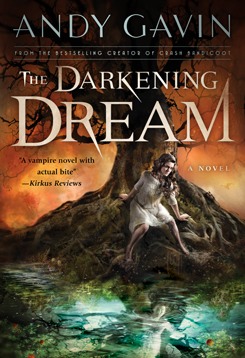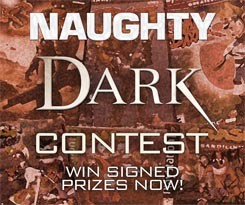 Title: The Perks of Being a Wallflower
Title: The Perks of Being a Wallflower
Author: Stephen Chbosky
Genre: Coming of Age
Length: 224 pages
Read: March 2, 2013
Summary: intensely readable
To be clear, I actually saw the film before I read the book, but I’ll discuss the novel first as its the original. Perks is a teen coming of age novel set in 1991. It has no supernatural elements at all.
This is a compulsively readable book. Casually, before picking at the flaws, this is the kind of book you read in one sitting. Every time I run across something this engaging, I feel an intense relief — pleasure really — because so much of what I read is a bit of a chore. Probably just me being jaded. So while I’m going harass Chbosky on a few fronts, any criticism should be framed in context: This is a novel that really sucks you in and holds you.
As to voice. Technically, the book is epistolary. The protagonist, Charlie, writes letters to some imaginary friend. It’s a gimmick that neither adds or subtracts. This is basically a first narrative with a slightly confused back and forth between past and present tense. The writing is deliberately clunky. Chbosky is trying to sound like a 15 year-old boy — and a gifted one at that — but he does it by being wordy and stilted. I’ll give an example:
I am trying now to practice not to do that. He also said that I should use the vocabulary words that I learn in class like “corpulent” and “jaundice.” I would use them here, but I really don’t think they are appropriate in this format.
My inner editor would rewrite this as:
I’m trying to practice not to. He also suggested I use the vocabulary words from class like “corpulent” and “jaundice.” I would, but they might not be appropriate in this format.
This clunk-factor lessened after the first third, and I’m not sure if it was because I adapted or because the character was maturing. Either way, it does provide a bit of youthful feel and the frank honesty of the voice is highly engaging. Charlie is a straightforward reporter, cold even, rarely leaping to extreme judgement. He is most definitely not snarky.
For me, the early 90s setting was a big plus, as it’s free of some of the annoying distractions of the post internet age (cel phones, Facebook, etc). It’s also nostalgic, being closer to my own high school era, even if Charlie is a good seven years younger (my Freshman year was 1984, his 1991).
The character development is very good. Charlie, Sam, and Patrick are all very well crafted and distinct. Likable too.
In retrospect, after finishing the book, I feel several elements of the story construction are a little forced. It seems unlikely that two seniors like Sam and Patrick would take a Freshman under their wing and into their social circle quite so easily. Not impossible, just a bit contrived. More substantially, the major “twist” in the story feels a bit forced, unnecessary even. This is a book with a clear theme. The writer even states it, several times: “We accept the love we think we deserve.” Fine. But there sure is a lot of abuse flying around. Like 90% of the major characters experience it at some time or another in their lives. I don’t mind these themes, but to have the same “startling” thing happen to not one, not two, but many characters feels forced. All this thinking was only in retrospect. While reading, the novel just draws you in from start to end.
Having seen the film first, which is sexually rather tame, I was pleasantly surprised to find quite a bit of frank sexuality in the novel. I’m not sure why it was removed, and it’s presence provided punch. Nevertheless, it’s pretty incomprehensible that a smart well read 15 year-old like Charlie wouldn’t already know about masterbation. Again, a little forced. This book has a lot of forced moments, they just play off well.
So I must reiterate, these are intellectual nitpicks on a compulsively readable novel. One last observation: It’s odd that Chbosky published this in 1999, went on to sell a bundle, yet has never published another novel.



